Katherine Heiny’s Single, Carefree, Mellow is a collection of stories about women, most of whom are in the process of deceiving the men they love. They are cheating on spouses; they are longing for other men they aren’t with; they are in search of something different. These women aren’t bad people. They are human – funny, flawed, loving – and feeling constrained by the roles they have found themselves in. I really enjoyed this collection of stories. Heiny’s characters are anything but single, carefree and mellow; they are deeply entrenched in relationships, highly introspective, and emotionally intense. My favorite story is called “That Dance You Do” and is about a mother planning her son’s 8th birthday party. It’s just perfect. I laughed out loud many times reading that story, just as I did throughout the whole book.
Single, Carefree, Mellow came out this past week, and Heiny has been getting a lot of attention. She has a story of her own to tell: her first story was published twenty years ago, when she was 24. She sent it to 30 magazines, only to be rejected by all of them, and finally sent it to The New Yorker, who accepted it. That story – “How To Give the Wrong Impression”- is included in Single, Carefree, Mellow, and is about a young woman whose romantic love for her male roommate is unrequited. After the success of that story, Heiny got married, had kids, and didn’t publish anything for 20 years, until this collection came out.
I had the great pleasure of attending a Q&A at Politics & Prose tonight between Heiny and her editor, Jenny Jackson, from Knopf. (I knew I would like her – she has edited Jennifer Close, J. Courtney Sullivan, and Emily Mandel.) It was a really interesting conversation, which I have tried to sum up here. Read this Q&A and I promise you will want to read the book.
Q: Tell me about the story “How To Give the Wrong Impression” and why there was such a long break after that one.
A: There was a girl in my building who told me about “the guy she lives with”. I asked her if he was her boyfriend or not, and the whole story unrolled from there like a rug. It’s as personal to me today as the day I wrote it. Of all of my protagonists, I am most like her.
After it was published, I wrote a lot of YA novels, then got met my husband, got married and had kids. That took everything out of me. I didn’t start writing again until my youngest was in first grade. Then the floodgates opened. I think the imagination is like a muscle – the more you write, the easier it gets.
Q. Most of your stories are about relationships and women chafing against marriage. Did you set out to write about love and infidelity?
A: Sex and relationships is what I like to read about, so it’s what I wanted to write about. In my collection, infidelity is really second to what I want to write about. The inspiration for the infidelity? My husband was a spy, a professional secret-keeper. I had to keep his job a secret and be careful about what I said. That colored my fiction.
Q: When women characters are unfaithful, there is often the opinion that they have to get their comeuppance and be punished for it. That is not the case here. Was that a conscious decision here, to buck convention?
A: No. I don’t like to write about the beginnings or ends of relationships. I don’t like to write about the day of reckoning. I would rather talk about the middle. I am interested in whether the infidelity will change the relationship or the people. I leave a lot up to the reader; I am not moralizing.
Q: Do you care if your readers dislike your characters?
A: I love my characters like I love my children. They are flawed but I love them anyway. I don’t care if my readers like the characters as long as they are enjoying the book.
Q: Let’s talk about the feminist aspect of the collection. These women are chafing against convention and are feeling circumscribed in their lives. A lot of the drama here happens in the kitchen, in the car, in the dining room. What drew you to the domestic sphere?
A: I am not a person who could write an international thriller – I don’t know much about politics or foreign policy. I get my news from Facebook. When you have kids, you enter a parallel universe of naps, playdates and logistics – a domestic microcosm. That’s where I see things happening.
Q: Maya appears in three of your stories. Why? Could you write a novel about her?
A: The Maya/Rhodes stories were hard to write because I like Rhodes so much. He deserves better than Maya. But things would happen to me and I’d see them happening to Maya. I don’t think I could do a whole novel about her because I feel such solidarity with Rhodes.
Q: “How To Give The Wrong Impression” was written 20 years ago, but it still holds up. Why do you think that’s true?
A: Unrequited love is always relatable. It is as old as jealousy.
Q: The story “That Dance You Do” is about a particularly horrible experience at a kid’s birthday party? Was this true to life? Is that your most autobiographical story?
A: This story was based on my son’s 8th birthday party. But it’s so boring to say that this is my most autobiographical story. There are a lot of true things throughout the book. I often put something true into a different context within the narrative.
Q: Short stories used to get a bad rap. Publishers were reluctant to put a lot of muscle behind them. Now, there is a real spark behind short stories. Why do you like writing stories?
A: To me, writing a novel is like being at a horrible monthlong family reunion. There is no escape, and you’re surrounded by the same people all the time. Writing a short story is like stopping at a bar and having one drink. You can minimize the damage.
Q: What has been the biggest surprise about being published?
A: It’s so fun! I was worried that I would lose the personal responses I got when I wrote short stories, but that hasn’t been the case. It has been wonderful.
Q: Tell us about the novel you are working on.
A: It is very different from my story collection. The narrator is a man, and he is married to an over-the-top extrovert. Is that type of person, who is fun and exciting to be with but doesn’t stop talking, a good choice for a life partner?




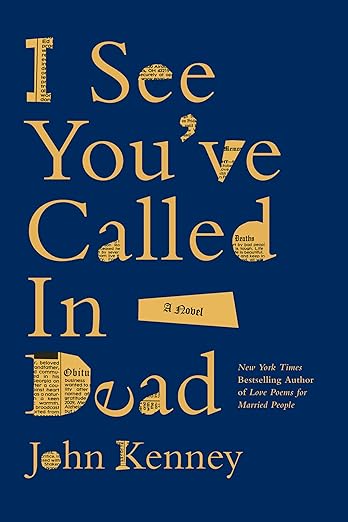

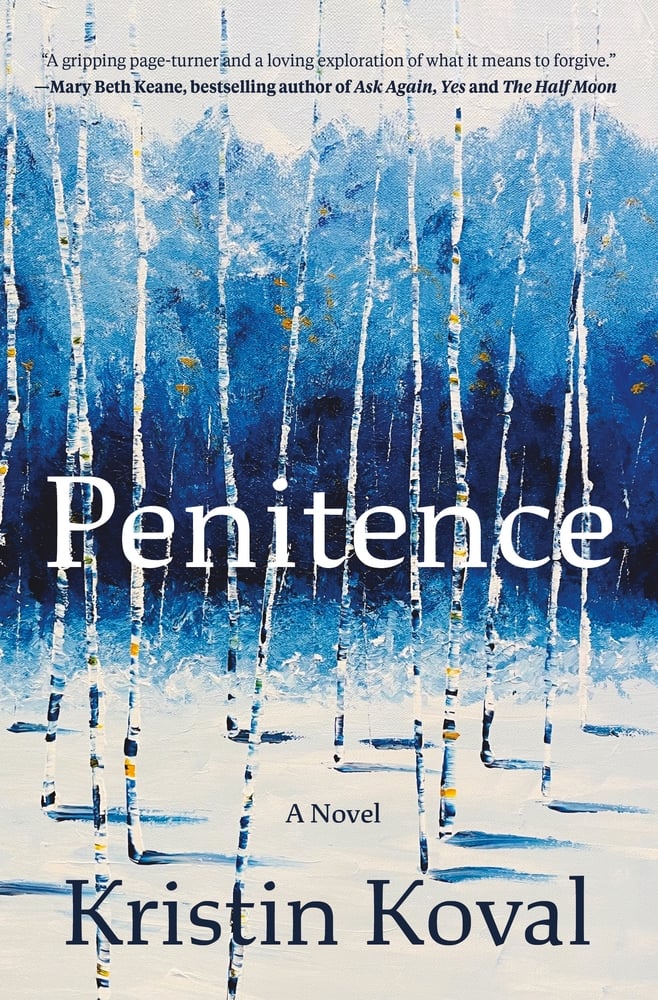
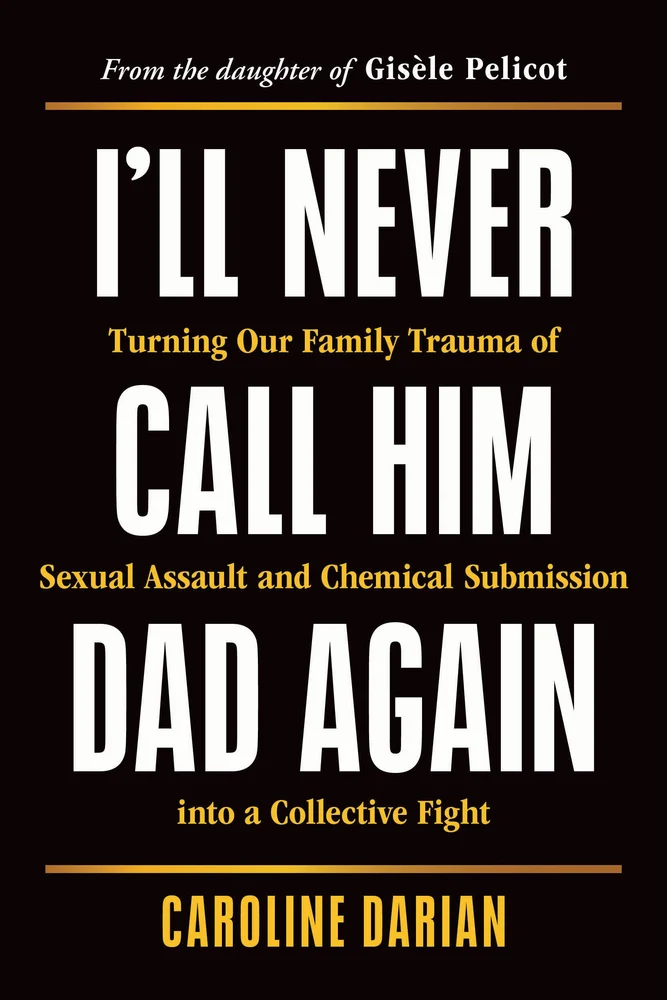
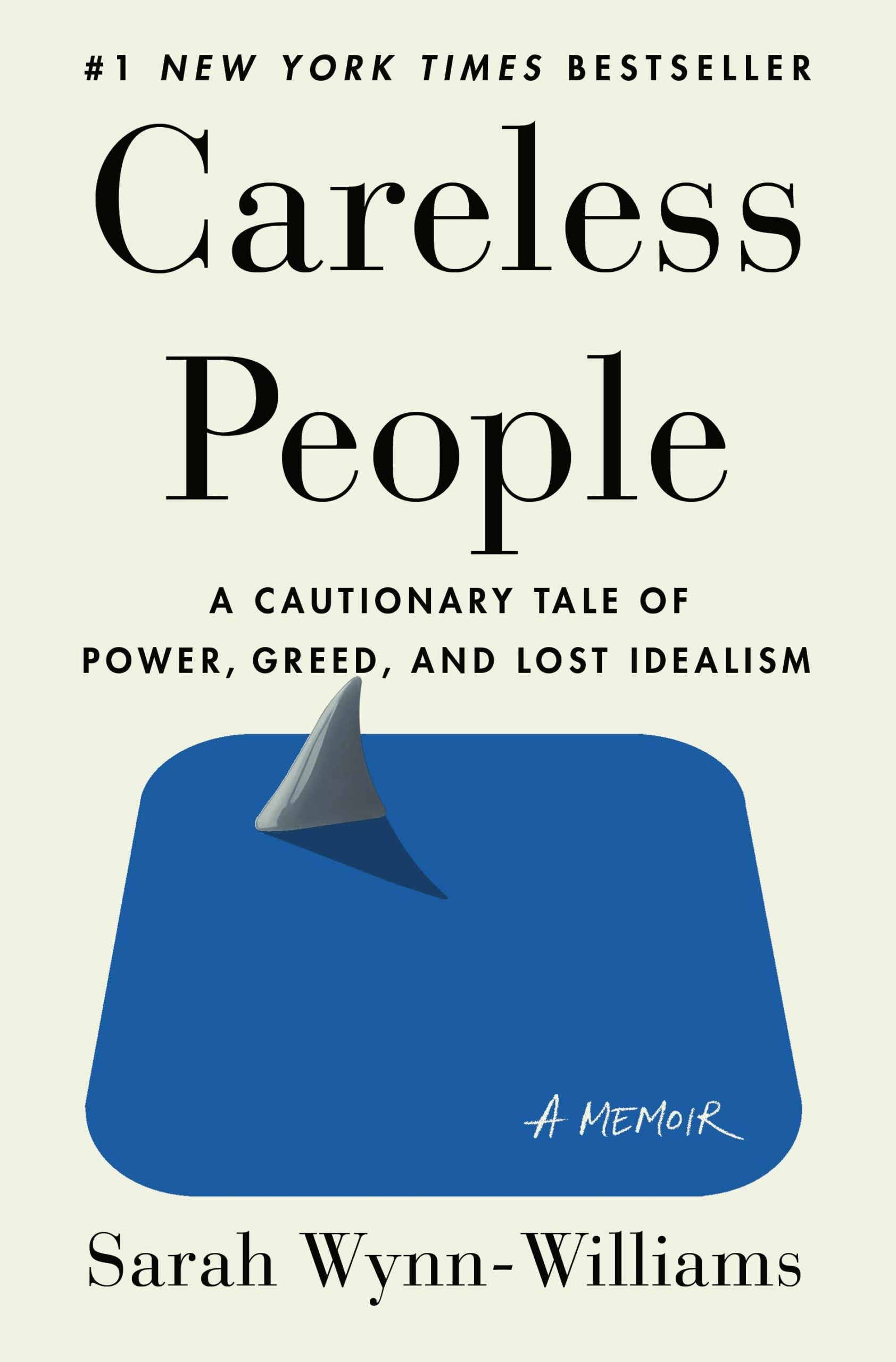
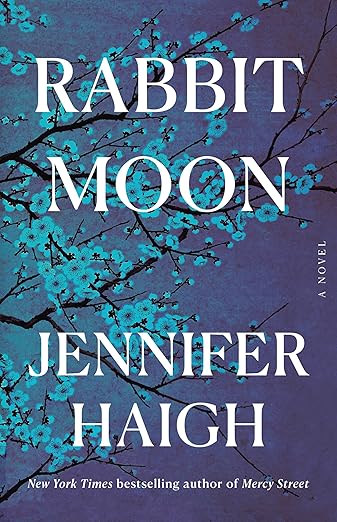





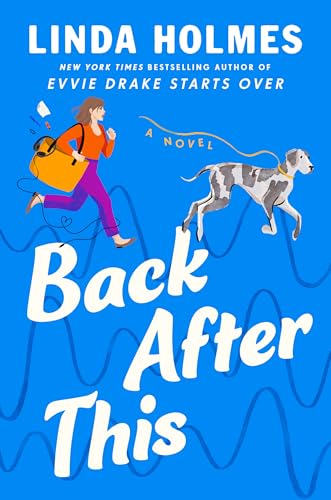
About Me
I have been blogging about books here at Everyday I Write the Book since 2006. I love to read, and I love to talk about books and what other people are reading.